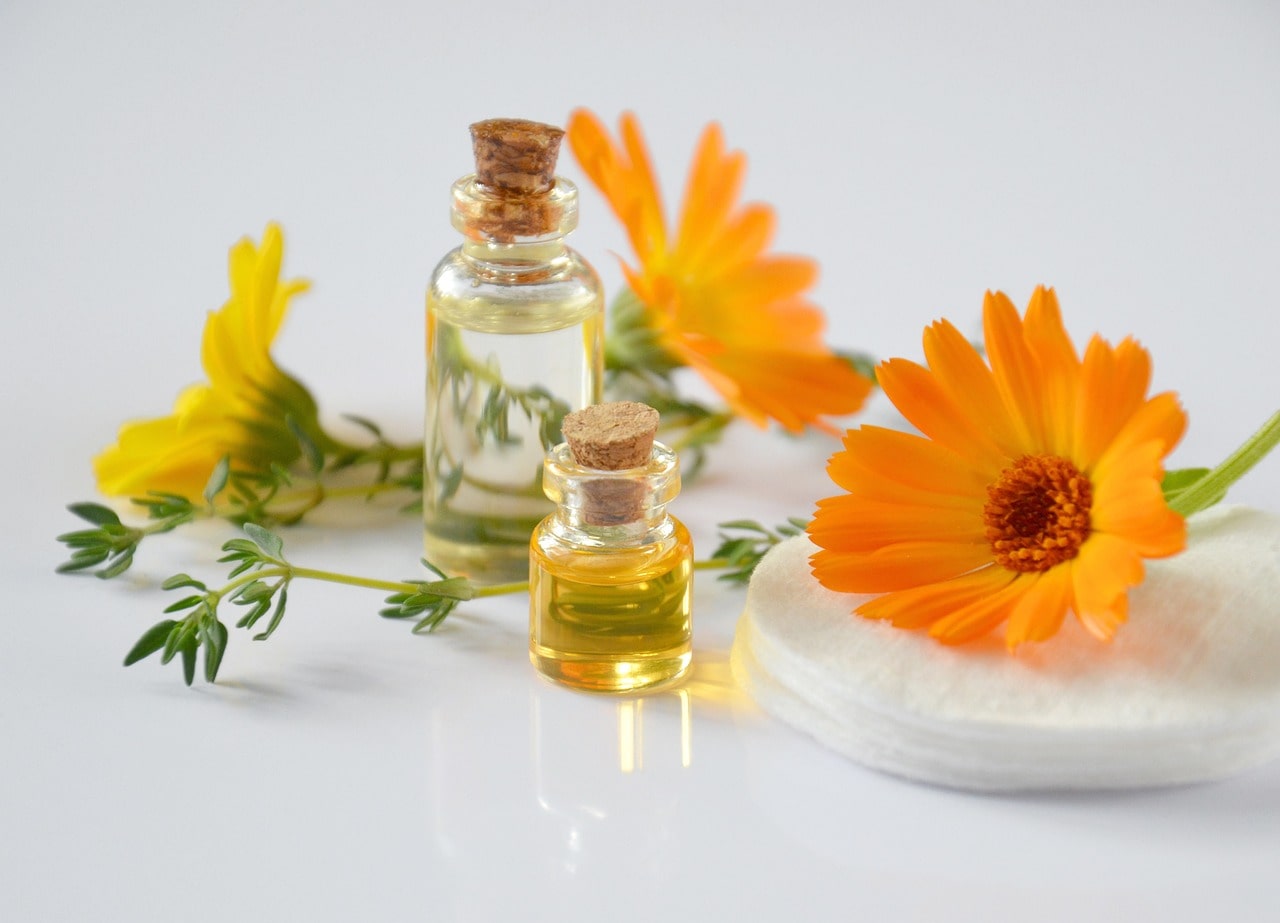Introduction to Argania Spinosa Kernel Oil
Are you prepared to travel to a far-off place? Join us as we delve into the enchanting world of Argania Spinosa Kernel Oil, a treasure trove of beauty and wellness secrets. Hailing from the sun-kissed lands of Morocco, this elixir has been revered for centuries for its remarkable benefits for skin, hair, and overall health.
Get enthralled by this liquid gold’s rich cultural significance and historical background. Discover how it is meticulously extracted from the kernels of the argan tree through age-old methods. Uncover the numerous therapeutic properties, making it a beloved ingredient in skincare and haircare products worldwide.
Whether you want to revitalize your tresses or rejuvenate your complexion, we’ll guide you on incorporating this precious oil into your daily beauty routine. And fear not! We’ll debunk common myths and misconceptions along the way.
But it doesn’t end there; we’ll also shed light on sustainability concerns linked to argan oil production and offer insights into ethical practices that can help preserve this natural wonder for future generations.
History of Argan Oil and its Cultural Significance
Its history dates back to ancient times when Berber communities first recognized the incredible properties hidden within the seeds of the Arganis spinosa tree.
They would meticulously hand-crack and cold-press the kernels to extract this liquid gold, which they believed possessed remarkable healing and nourishing qualities.
Argan oil quickly gained recognition beyond Moroccan borders due to its numerous benefits for skin, hair, and overall health. As trade routes expanded, it found its way into Europe, where it became highly coveted by royalty and nobility.
With increased global awareness about natural skincare products in recent years, argan oil has regained popularity worldwide. Its cultural significance remains intact, as it continues to be deeply ingrained in traditional Moroccan practices.
It involves labor-intensive techniques passed down through generations—a meticulous craft cherished by local communities that are proud guardians of this ancestral knowledge.
Today, individuals across continents recognize Argania spinosa kernel oil as a versatile elixir that can transform their beauty routines from ordinary to extraordinary.
As we delve deeper into exploring the world of argan oil in this guide, we will uncover more secrets about how you can harness its potential while shedding light on common myths and misconceptions along the way.
Extraction and Production Process of Argan Oil
The extraction and production process of argan oil is a labor-intensive and time-consuming traditional method passed down through generations in Morocco. It all starts with the argan tree’s fruit, which resembles a small olive with a hard nut inside. The nuts are carefully cracked open to reveal the precious kernels within.
Traditionally, this involves roasting the kernels before grinding them into a paste using stone mills. This paste is mixed with water and hand-pressed to separate the oil from the solids.
In recent years, modern methods have also been introduced for large-scale production. These methods involve mechanical pressing or solvent extraction techniques to obtain larger quantities of argan oil more efficiently.
Regardless of the method used, it’s important to note that pure argan oil should not contain any additives or preservatives. The quality and authenticity of argan oil can be determined by its aroma—it should have a mild nutty scent—as well as its color, which ranges from golden yellow to amber.
The traditional extraction process ensures that all the beneficial nutrients in Arganis spinosa kernel oil remain intact. This includes essential fatty acids like linoleic acid and oleic acid, antioxidants such as vitamin E, and other valuable compounds that contribute to its numerous benefits for skin, hair, and health.
By understanding how argan oil is produced, we gain an appreciation for both its cultural significance and its natural origins. Whether you choose traditionally paid or commercially available versions of this liquid gold from Morocco, incorporating pure argan oil into your beauty routine can provide excellent nourishment while supporting sustainable practices in this arid region.
The Benefits of Argania Spinosa Kernel Oil for Skin, Hair, and Health
Argania spinosa kernel oil, also known as argan oil, has gained popularity recently for its impressive benefits for skin, hair, and overall health. This golden elixir is rich in essential fatty acids, antioxidants, and vitamins that work wonders for various beauty concerns.
Its high vitamin E content helps moisturize the skin and improve its elasticity. It can effectively reduce the appearance of fine lines and wrinkles while providing a natural glow. Additionally, this versatile oil has anti-inflammatory properties that calm irritated skin conditions like acne or eczema.
It provides the hair with deep nourishment from root to tip, reducing environmental and heat styling-induced damage. Its lightweight texture and non-greasy feel can be used as a leave-in conditioner or an overnight treatment to revive dull locks.
Its powerful antioxidants help fight free radicals and reduce inflammation in the body. Regularly consuming this oil has been linked to improved heart health and lower cholesterol levels.
Incorporating Argan oil into your beauty routine is simple! For skincare purposes, apply a few drops to clean your skin before bed, or mix it with your favorite moisturizer for added hydration during the day. When using on hair, warm up a small amount between your palms and gently massage it onto damp or dry tresses.
Look for cold-pressed or organic options to ensure you get the highest quality product without additives or chemicals.
Ways to Use Argan Oil in Your Beauty Regimen
Argan oil has gained popularity in the beauty world for its numerous benefits for the skin and hair. If you’re wondering how to incorporate argan oil into your beauty routine, look no further! Here are some simple ways to make this golden elixir a part of your daily regimen.
Gently massage it using upward motions until it is fully absorbed. It can be used as a moisturizer on its own or mixed with your favorite face cream for an extra boost of hydration. You can also use it as an overnight treatment by applying a slightly thicker layer before bed.
If you love DIY beauty treatments, mix a few drops of argan oil with other natural ingredients like honey or avocado for homemade face masks or hair masks. These nourishing concoctions will leave your skin glowing and your locks luscious.
Apply it after showering to lock in moisture and keep your skin soft and supple throughout the day.
Whether you use it alone or mix it with other products, this multi-purpose oil will become a staple in your bathroom cabinet.
Common Myths and Misconceptions about Argan Oil
There are numerous myths and misconceptions surrounding the use of argan oil in beauty routines.
Myth 1: Argan oil is only suitable for dry skin.
Its lightweight texture makes it suitable for all skin types, including oily and combination. The high linoleic acid content in argan oil helps regulate sebum production, making it an excellent choice for acne-prone individuals.
Myth 2: All argan oils are the same.
A significant difference exists between pure, cold-pressed argan oil and some products’ diluted or mixed versions. To reap the full benefits, opt for organic, unrefined argan oil that undergoes minimal processing.
Myth 3: Applying more will yield better results.
A little goes a long way when it comes to this precious elixir. Start with a few drops and gradually increase if needed to avoid greasiness or clogged pores.
Myth 4: Argan oil can make your hair greasy.
While using too much product can lead to greasy-looking hair, when used correctly, argan oil helps tame frizz and adds shine without weighing down your locks. Apply sparingly from mid-lengths to ends on damp or dry hair for best results.
It’s important to separate fact from fiction when incorporating natural ingredients like argania spinosa kernel oil into our skincare routine.
The Sustainability and Ethical Concerns Surrounding the Production of Argan Oil
Sustainability has become a growing concern in today’s world, and it is no different when it comes to the production of argan oil. As the demand for this precious oil continues to rise, so does the need to ensure its sustainable production.
One of the main ethical concerns surrounding argan oil is the exploitation of women who are involved in its production. Traditionally, local cooperatives have produced argan oil, where women are vital in extracting and processing the kernels. However, there have been cases where these women have not received fair wages or proper working conditions.
To address these concerns, various organizations and certifications have been established to promote fair trade practices and protect workers’ rights. These initiatives aim to ensure that those involved in argan oil production receive fair labor compensation while prioritizing their well-being.
Another aspect of sustainability relates to environmental impact. The increasing demand for argan oil has led to the over-harvesting of argan trees, which puts them at risk of extinction. Sustainable harvesting practices, such as planting new trees after extraction and promoting responsible use of resources, are being implemented to combat this issue.
Furthermore, efforts are being made towards organic farming methods that eliminate harmful pesticides and chemicals from entering ecosystems during cultivation.
By addressing these sustainability and ethical concerns surrounding argan oil production through fair trade practices, environmental protection measures, and organic farming methods, we can ensure a more responsible industry that benefits both people and the planet. Consumers must support brands prioritizing sustainability within their supply chain by choosing certified organic products or those with Fair Trade certification.
FAQS
1. Is Argania Spinosa Kernel Oil suitable for all skin types?
Its non-greasy texture makes it ideal for oily and acne-prone skin, while its nourishing properties benefit dry and sensitive skin.
2. Can Argan Oil help with hair loss or promote hair growth?
While no scientific evidence directly supports the claim that Argan Oil can prevent hair loss or stimulate hair growth, its moisturizing and conditioning properties can improve the health of your scalp and strands, which may indirectly contribute to healthier-looking hair.
3. How often should I use Argan Oil on my face?
Applying a few drops once or twice daily allows most individuals to experience its benefits without overwhelming the skin.
4. Is it safe to ingest argania spinosa kernel oil?
Argan oil intended for cosmetic purposes should not be ingested as it may contain additives or preservatives unsuitable for consumption. However, culinary-grade argan oil made specifically for cooking can be safely consumed in moderation.
5. How long does argania spinosa kernel oil last?
When stored properly in a calm and dark place away from direct sunlight, argania spinosa kernel oil has a shelf life of approximately 12-24 months after opening.
6. Can men use argania spinosa kernel oil?
Absolutely! The benefits of argania spinosa kernel oil extend beyond gender boundaries – both men and women can incorporate this versatile beauty elixir into their skincare routines.










